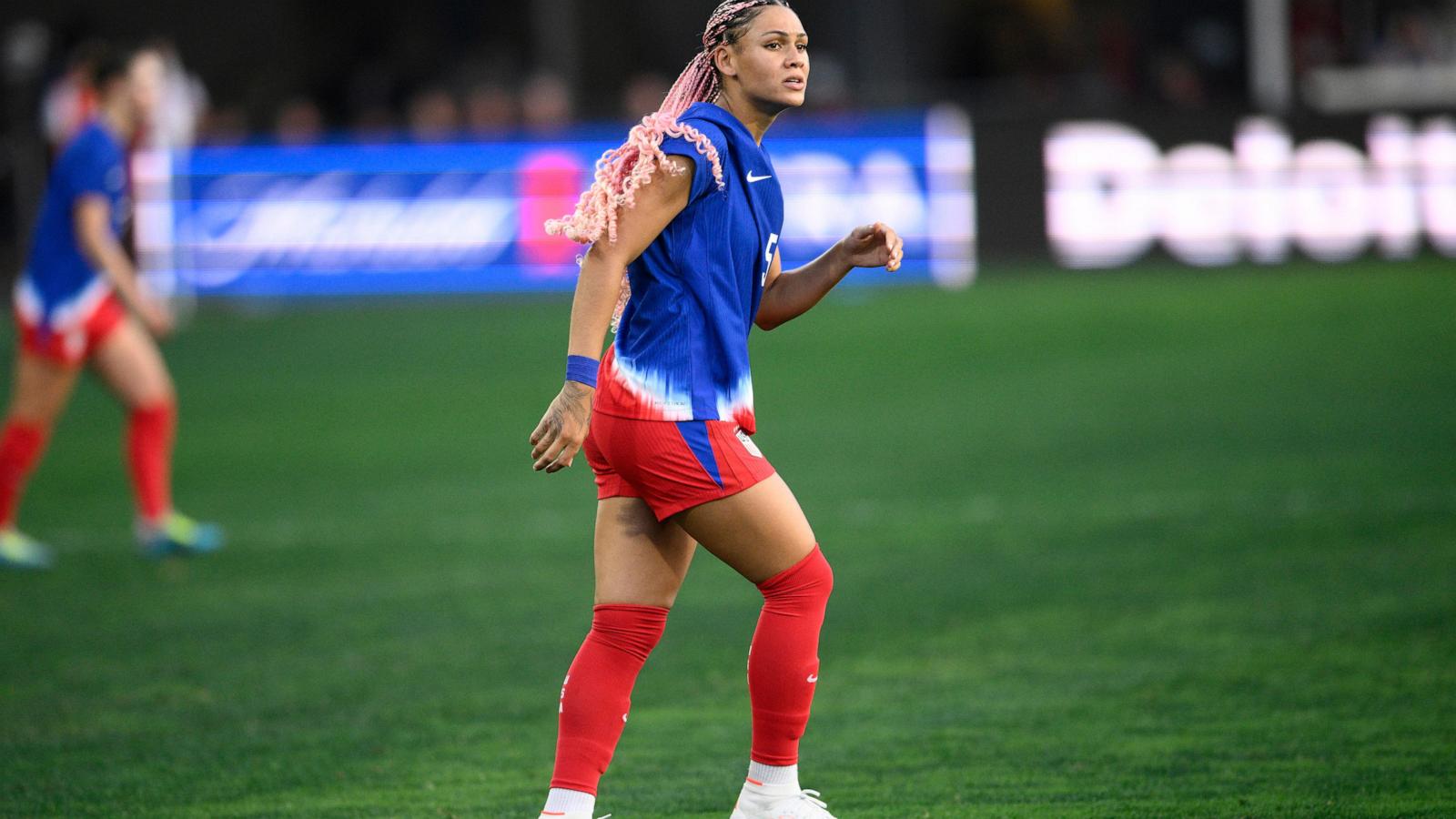Netflix Strikes Gold: FIFA Women's World Cup Streaming Deal Sends Shockwaves Through Soccer World
Get ready, soccer fans! In a move that's shaking up the world of sports broadcasting, FIFA has just announced a groundbreaking deal with Netflix, securing the streaming giant as the official broadcaster for the 2027 and 2031 Women's World Cups in the US. This isn't just any deal; it's the biggest streaming partnership FIFA has ever signed for a major tournament. This monumental decision is changing the game for women's soccer and sports broadcasting alike, proving that women’s sports are not to be underestimated.
The Netflix Effect: Redefining the Value of Women's Soccer
For years, women's soccer struggled to command the same broadcasting value as men's soccer. While past tournaments often aired on free-to-air channels, this partnership demonstrates a game-changing recognition of women's football's value and immense global viewership. FIFA President Gianni Infantino lauded the deal, calling it a pivotal moment showcasing the true worth of the FIFA Women's World Cup. This is a declaration that the women’s game, with its growing popularity and star power, is as captivating as the men’s.
This agreement underscores the escalating global popularity of the FIFA Women's World Cup. In previous years, the women’s tournament generated less than 10% of the revenue of the men’s, a fact Infantino directly addressed. He cited criticisms directed toward some public broadcasters who undervalued previous broadcasting offers.
A Calculated Gamble? Analyzing FIFA's Netflix Strategy
The partnership, however, isn’t without its skeptics. Soccer finance expert Kieran Maguire suggests it may be a strategic "gamble" and a way for Infantino to put pressure on European broadcasters, whom he previously accused of undervaluing the women’s World Cup broadcasting rights. The Netflix deal sets a new benchmark; its success could significantly influence future negotiations and increase the value of women's sports broadcasting across the board.
Maguire also hints that the deal serves as a way to increase bargaining power when negotiating with European channels, setting the tone for future negotiations. By showing that they can partner with such a powerful streaming service, FIFA is raising the bar, letting those traditional channels know that they must meet the new price point. The next set of negotiations is bound to be very heated.
Financial Implications and the Gender Pay Gap
One of FIFA’s major goals is bridging the gender pay gap between the men's and women's World Cups. The increased prize money in 2023 Women’s World Cup—$152 million, compared to $440 million in the 2022 Men’s World Cup— represents a step in this direction. However, there's a lot more ground to cover to close that gap.
The higher revenues from broadcasting deals will support the effort to pay more to the players, support preparation of the teams, and raise the price of broadcasting. This Netflix deal will bring in crucial funds to increase prize money, closing the pay gap and creating equal opportunities for the phenomenal female athletes on a world stage.
What to Expect: Expanding Horizons, Beyond the Matches
This Netflix deal is more than just showing games. It includes production of a documentary series leading up to the 2027 and 2031 tournaments. These will cover the players, their personal stories, and the journey that led them to this world stage. These documentaries are important for creating even greater appreciation and following around the Women's World Cup. This collaboration creates opportunities to celebrate the players' lives, promoting awareness about the impact women have on global sports, as well as their dedication.
This significant shift from a traditional broadcasting system reflects the growing demand and influence of streaming services, such as Netflix, Apple+, and others. Many experts have pointed to this trend as a pivotal shift, showing the power and appeal of the sport when presented and marketed appropriately.
Take Away Points
- The Netflix deal marks a major win for women's soccer, showcasing the rising value and global popularity of the sport.
- FIFA's strategic partnership with Netflix aims to close the gender pay gap by boosting revenue from broadcasting rights.
- The deal will also serve as a stepping stone for future negotiations with other broadcasters, demonstrating the high value and global reach of women's sports.
- Beyond simply broadcasting the games, Netflix will generate extensive documentaries profiling the remarkable women in football.




